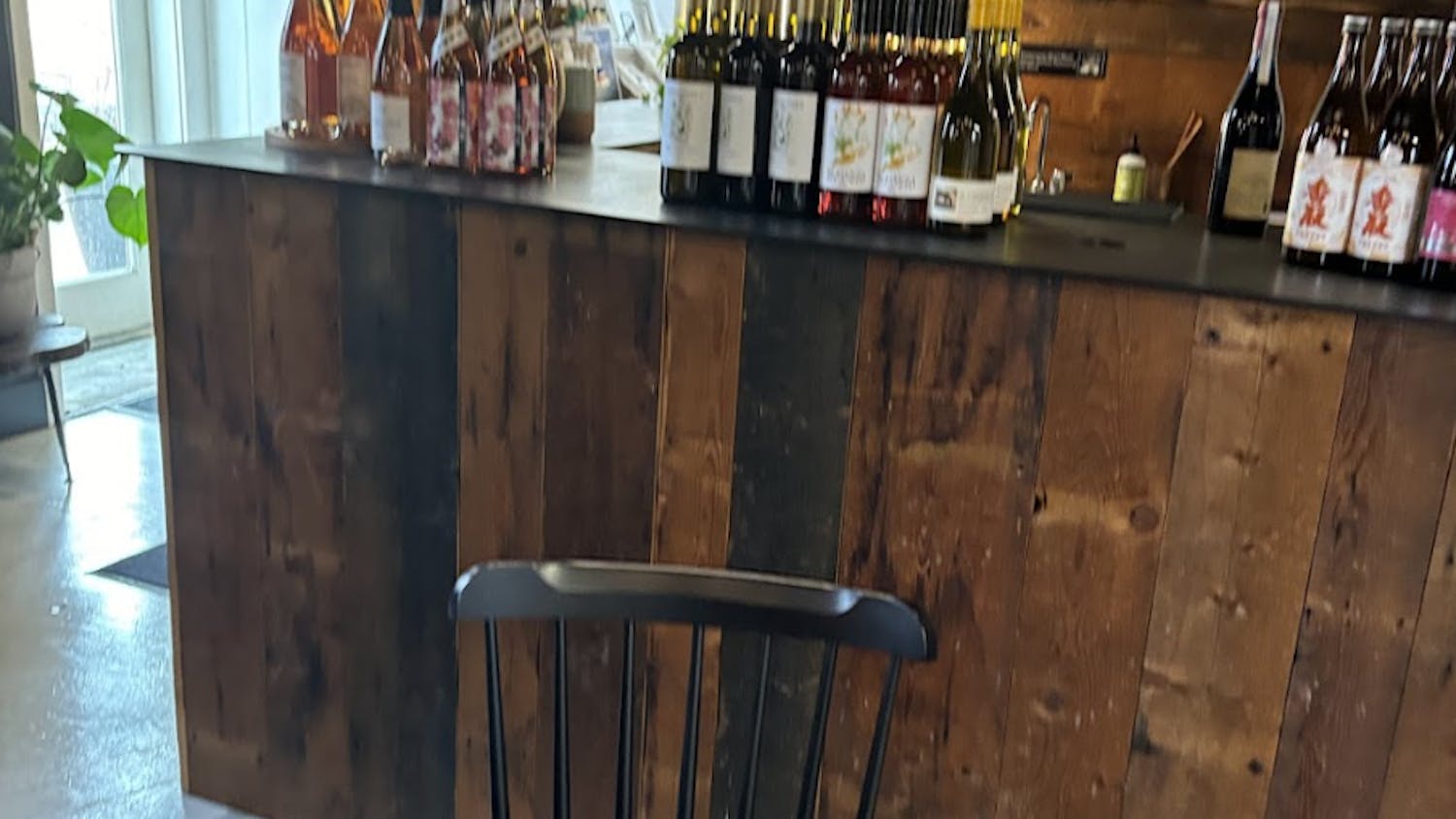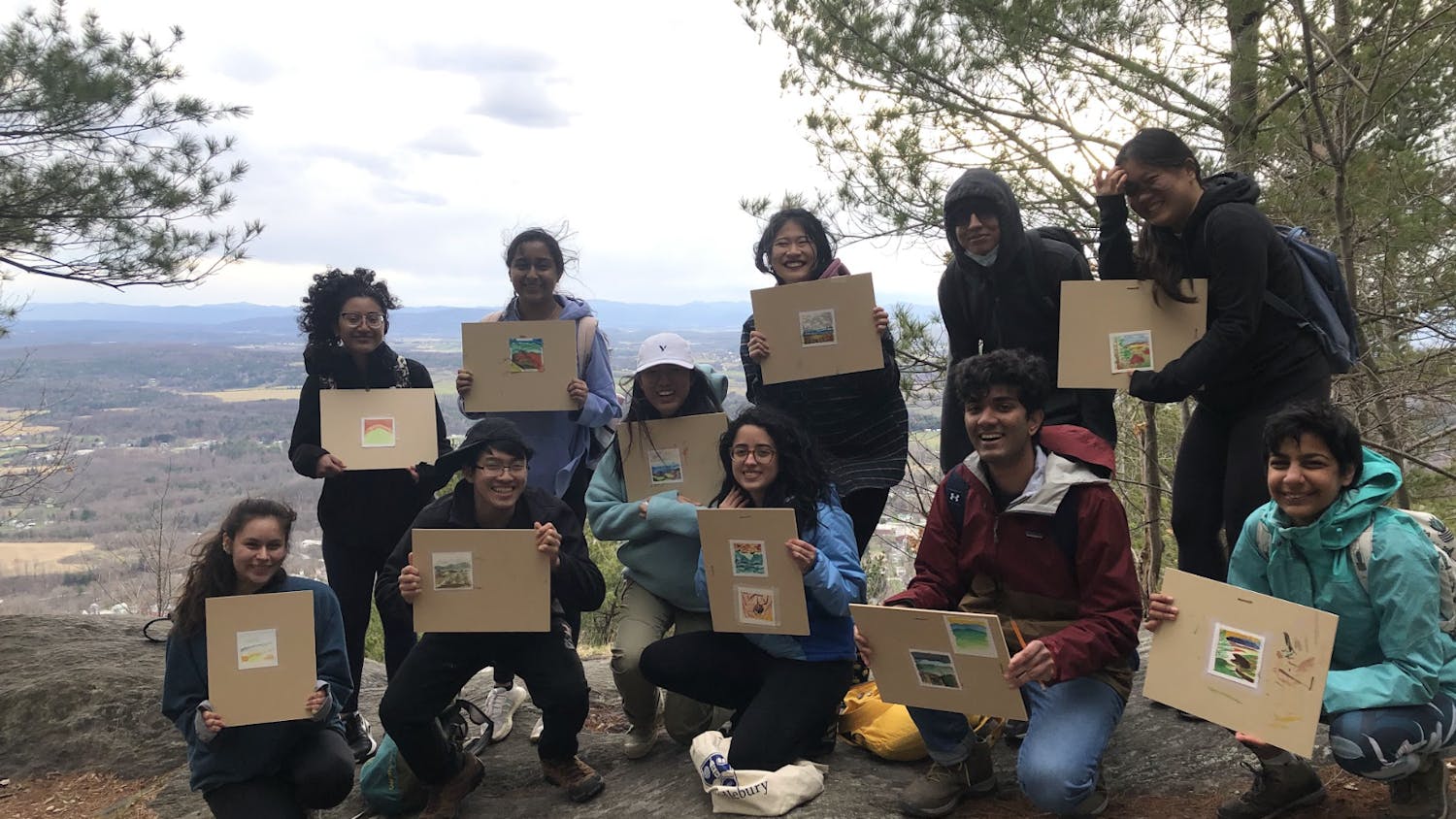Middlebury-based Addison County Restorative Justice Services (ACRJS) found new ways to facilitate reconciliation and reintegration into society this past year, pivoting to remote services and alternative programming amid the challenges of Covid-19 and renewed calls for racial justice.
“We haven’t missed a beat,” said executive director Jean Stone, who has worked at ACRJS for the past year and a half.
The Black Lives Matter protests of the summer, which called for changes in the criminal justice system to address systemic racism, sparked important conversations for the organization. “It is a focus that we really want to stay committed to,” Stone said. ACRJS has been looking at demographic data throughout Addison County to better identify areas of growth and new ways of reforming their services.
The organization created a living document identifying problems in the criminal justice system. Part of their focus is also to study demographic data to identify areas of improvement.
Additionally, as a member of a larger association the Vermont Association of Court Diversion Programs, ACRJS signed a statement against racial injustice with 25 other community justice centers.
Offering new services
A large part of ACRJS’s work involves court diversion services, which provides offenders the opportunity to meet with a panel of volunteers as an alternative to regular court proceedings.
Since the pandemic, ACRJS has seen an increase in referrals from the state attorney’s office to this reparative panel, indicating the success of alternate forms of justice. This is often paired with their Circles of Support and Accountability (COSA) program and other reentry programs offered by ACRJS that focus on support meetings and resource guidance.
“The goal of the COSA teams and also diversion and others is ‘no more victims,’ so that’s our primary goal with our participants in all of our programs,” Stone said.
In December 2020, ACRJS also became part of a new initiative in Addison County, Project Vision North, which takes a collaborative approach to addressing crime. Law enforcement works with existing social service agencies and community providers to respond to situations and provide a more comprehensive approach to problem solving.
The program is modeled after Project Vision Rutland, which has already proven successful for the Rutland community.
“We do know that once folks become involved in the criminal justice system, they are more likely to continue in that criminal justice system,” Stone said. “So, anything we can do to divert that is money in the bank for the community overall.”
Editor’s Note: Students interested in participating in the reparative panel can visit https://www.acrjs.org/.
Addison County Restorative Justice bolsters programming amid pandemic
Comments



